Fully Fairtrade and fully traceable partner cooperatives
Our raw materials come from the best origins: cocoa from Peru and Santo Domingo, organic coconuts from Sri Lanka and coffee from the Congo. This guarantees a ‘fully traceable’ supply chain from producer to consumer.
Visit our partners:
Acopagro (Pérou)
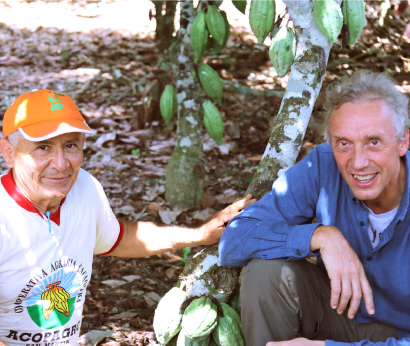
Thierry Noesen
(founder and managing director of Belvas)
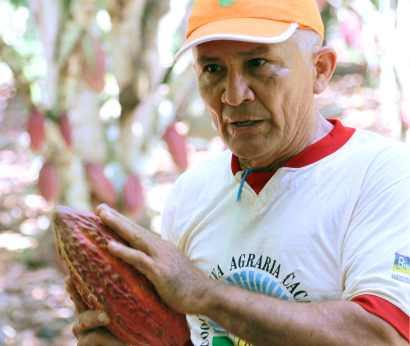
Segundo Gilberto
(Chairman of the Acopagro cooperative)
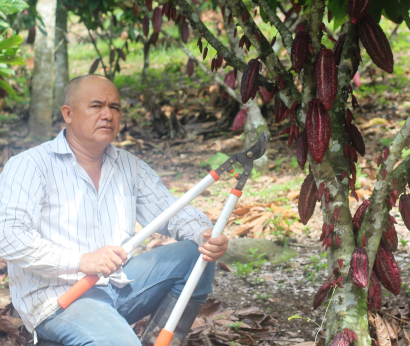
Alberto Ríos (committee of
producers of Magdalena, Juanjui)
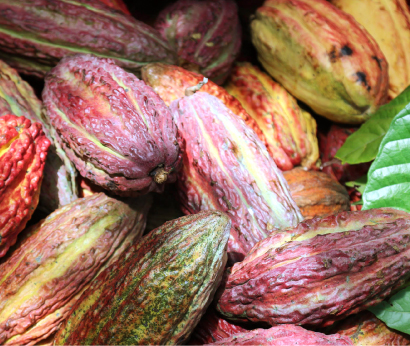
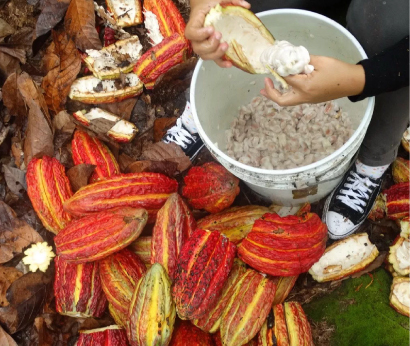
The Acopagro cooperative, set up in 1992, produces and exports cocoa beans exclusively and brings together 2,200 farming families.
This particular region of Peru, San Martin, used to be one of the heartlands of coca production. Today, the entire region has switched to cocoa production with significant social benefits, thanks in part to Fair Trade rules and the price premium generated by Fair Trade.
The cooperative also provides technical assistance to producers and has started a reforestation programme in the region. This will provide a new income for the producers benefiting from the new tree plantations, as well as the sale of good carbon.
More information on Acopagro: http://www.acopagro.com.pe
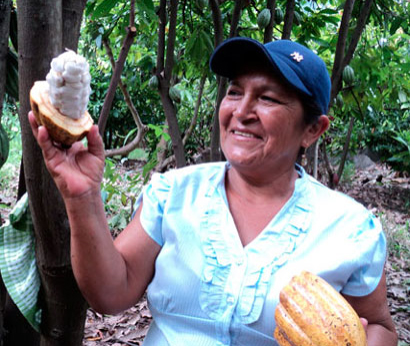
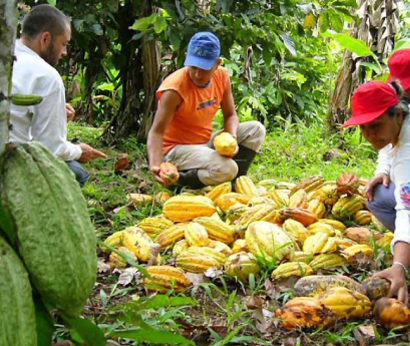
Norandino (Pérou)
The association of coffee producers, which was set up in 1995 with 200 members, now has 7,000 families in the Sierra de Piura, the part of the Andes mountain range in the far north of Peru.
Norandino has thus become a genuine farmers’ movement, which has relied on fair trade and the support of Ethiquable over the last 14 years to expand its base and build its alternative model.
It has demonstrated the viability of its choices: agro-ecological farming and social organisation. The organisation now carries real economic weight in the region. It is able to negotiate with the state and local authorities in favour of numerous development projects.
In 2007, Norandino decided to take an interest in the cocoa grown in the Alto Piura valley, often by the same communities that grow coffee. Cocoa is the main crop in the highlands just below. It is in this area that Norandino’s technicians will discover the presence of a very special cocoa with white beans, similar to the Porcelana grands crus of Venezuela.
More information about Norandino: http://www.coopnorandino.com.pe
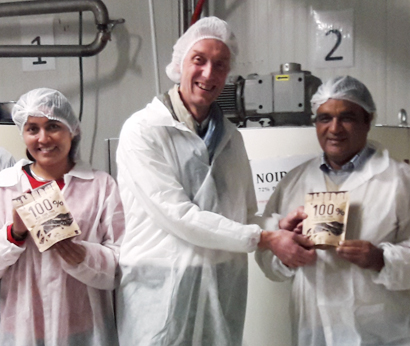
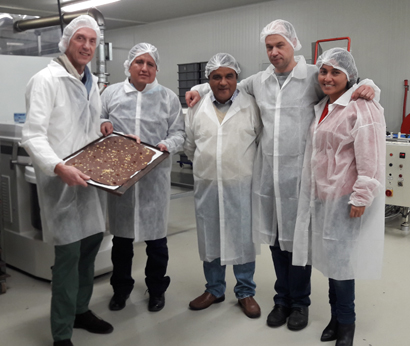
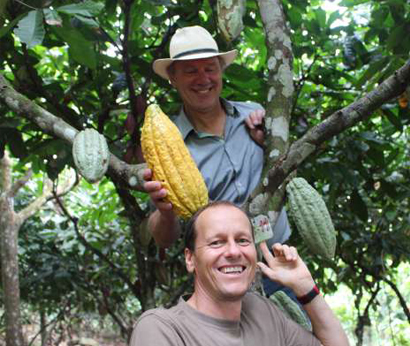
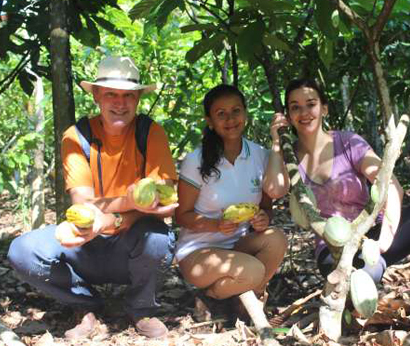
Oro Verde (Pérou)
Founded on 7 December 1999 by 56 members based in the province of Lamas, in the San Martín region of the Andes, the Oro Verde cooperative now brings together more than 1,000 families of small-scale coffee growers.
In a region severely affected by coca-related crime and terrorism, the members of the cooperative have become a model for Peru
After certifying its products as organic in 2002, the cooperative obtained Fair Trade certification a year later.
In 2006, as well as producing and exporting coffee, Oro Verde diversified into sugar and cocoa production and agroforestry. Cocoa is currently one of the cooperative’s main exports.
By 2014, Oro Verde had planted 850,000 trees. Its goal for 2019 is to plant 2 million trees, and the cooperative hopes soon to be able to export certified wood.
More information about Oro Verde: http://www.oroverde.com.pe
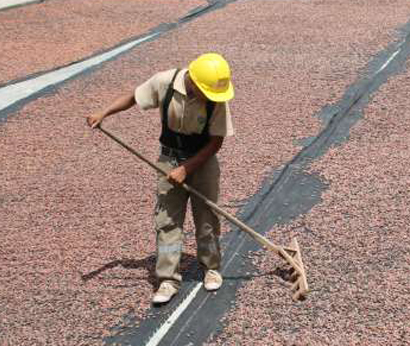
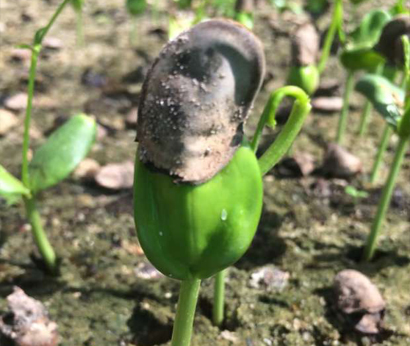
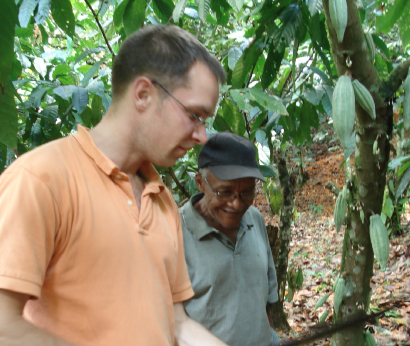
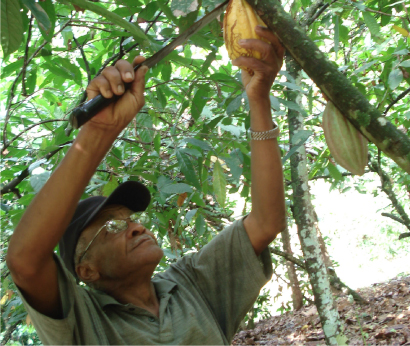
Conacado (Saint-Domingue)
The Conacao cooperative is the fruit of a fruitful and lasting collaboration between small and medium-sized cocoa producers, and of international cooperation between Europe and the Dominican State.
Created in 1988, Conacado is an NGO (non-governmental organisation) that operates as a cocoa exporter, whose associated producers have been grouped into entities that receive, store and purchase the cocoa produced in each region.
More information about Conacado: http://www.conacado.com.do